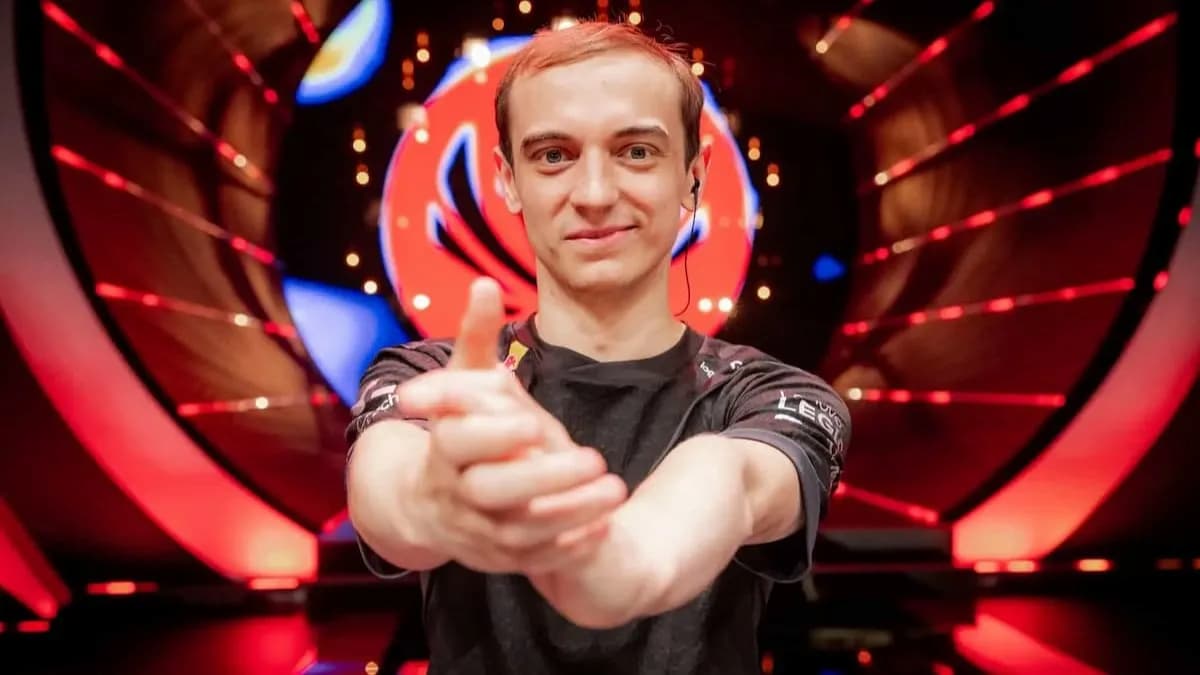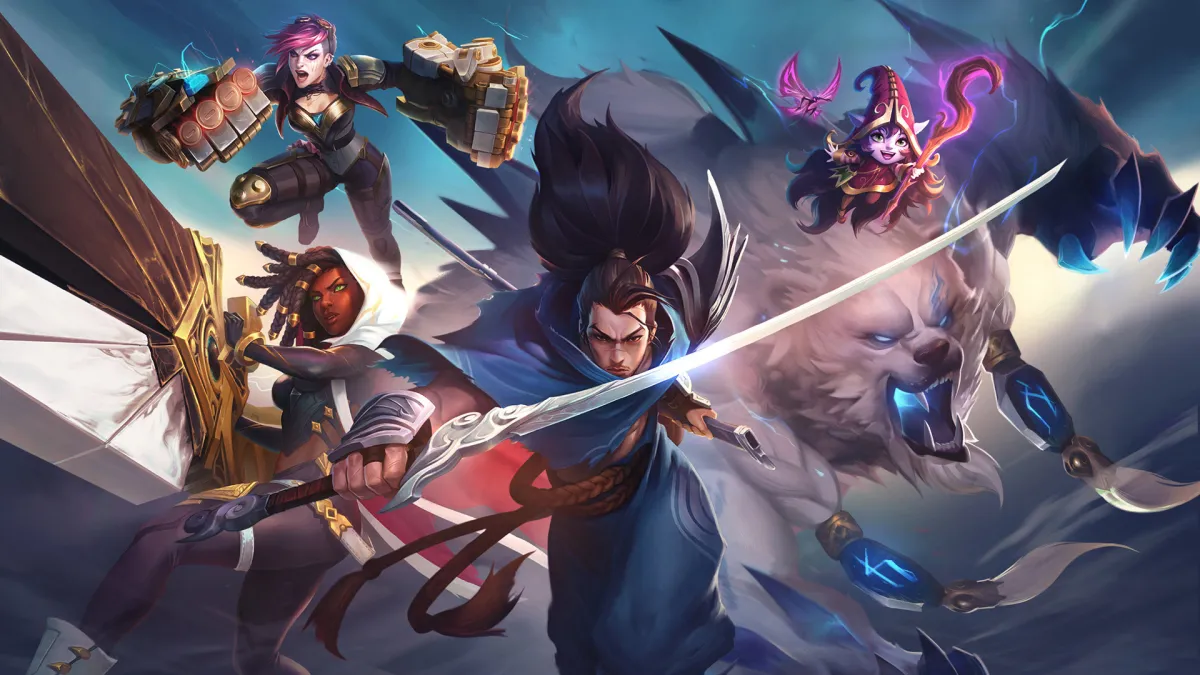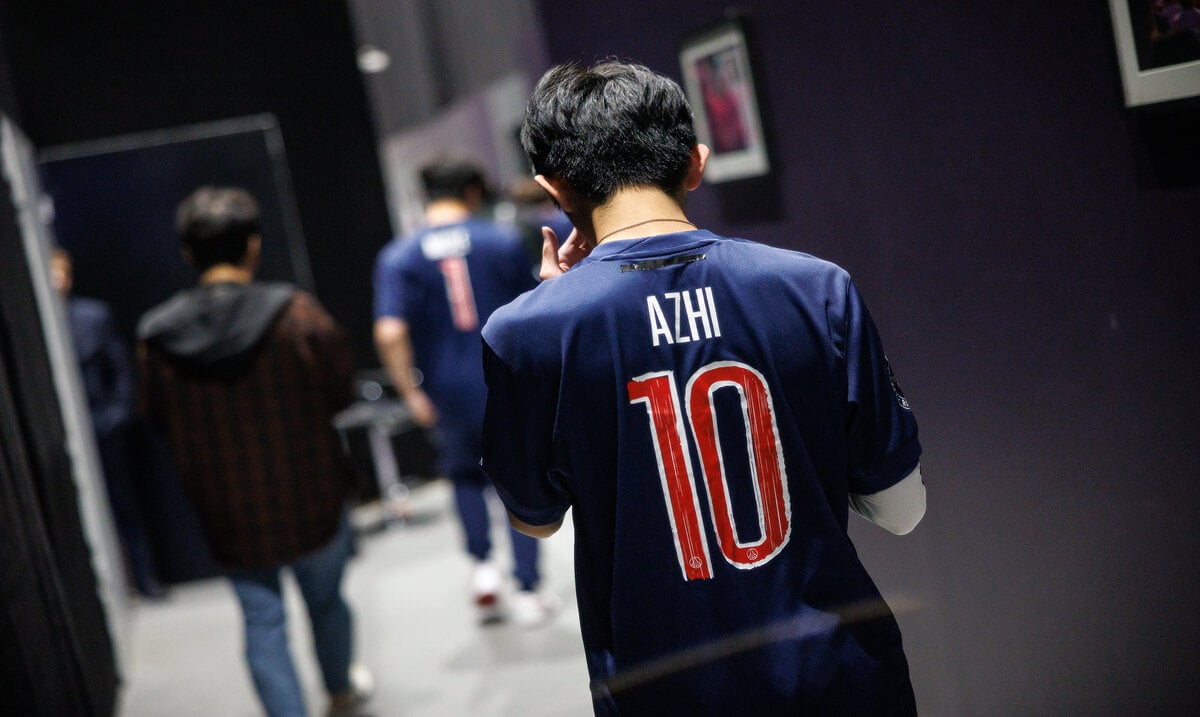2014 was the year that the Korean grip on international League of Legends was fully recognized. all three Koreans managed to break out of the group stage this year, with Najin White Shield, (besides a loss to Alliance) alongside both Samsung teams were tipped to blow any competition out of the water, though analysts of the OGN suggested that White was looking the far better team. this evident when White mercilessly dismissed Blue 3-0 in the semi-finals and would then go on to dismiss Uzi’s Starhorn Royal Club 3-1 in the grand final. throughout the tournament, they looked extremely strong losing only 2 games in all, both in game four of their quarter-final and semi-final series against TSM and SHRC.
with White’s dominant performance, OGN fans and analysts alike were interested to see how they would fare once they returned to Korea, as is always of interest. But no one expected what would come next. “it only takes a few drops to make a waterfall” and that’s exactly what would happen, in the most unexpected turn in international League of Legends history. at the end of Season 4, news broke out that KT Arrow’s stars Song ‘Rookie’ Eui-Jin and famed jungler Lee ‘KaKaO’ Byung-Kwon were setting their sights on China. this would set the precedent for many Korean players. By the beginning of 2015 more than 35 Korean players, both professional and challenger had joined an exodus out of Korea, to find better compensation and better playing environments. this saw the total depletion of both Samsung teams, with all their famed players, as well as many of their subs moving to various Chinese teams in the LPL. Samsung was not the only team affected, but teams like CJ Entus and SKT Telecom also saw holes created in their rosters. names such as Impact, Piglet, Looper, Imp and Mata are just a few recognizable names that were leaving the strongest region in the world for better conditions.
discussions across League of Legends, is that the Korean dispersion across various regions has severely weakened its strength with so many top players elsewhere, and that this is the break that the West might need to close the seemingly large gap that had opened between Korea and the rest of the world.
However, (and sorry any western die-hards, reading this) this is sadly not the case. while i’ll admit that while Korea has been somewhat weakened by the exiting of many top Korean players, it’s not going last, or have a long lasting impact on eastern dominance.
there are two reasons for this; 1- the depth of Korean solo-queue, And 2- the difference between the infrastructure in place on the Korean scene and the west
1- Korea has a knack of always bringing solo-queue ‘Gods’ from the ladder to the competitive scene with great success. this has been achieved to some degree of success in Europe, with the likes of Martin ‘Rekkles’ Larsson and Erlend ‘Nukeduck’ Vatevik Holm but has never been achieved in NA. Korean names that have risen from Korean Challenger ladder to fame in the OGN or LCK as it is now known such as Faker, Coco, Fury have meant that although a brain-drain of their best players has occured, the depth of its solo-queue, the great mechanical ability that so many Korean players possess has allowed it to remain strong and maintain a continuous turnout of world-class players in all roles of the game. comparatively in NA, top Challenger players are known to never really be able to make the change from Yolo-queue to the tough, competitive landscape of the LCS. this can be seen in two players currently in the LCS, who had a huge amount of hype before their entry. Eugene ‘Pobelter’ Park, and Johhny ‘Altec’ Ru, have always been to have to potential to be the new face of American talent being fully recognized. however both players have been plagued by inconsistency, and what many believe an improper environment in which their raw mechanical ability can be transformed into lane, and eventually game control from their respective lanes.
which brings me onto my next point. the infrastructure in place in Korea, is well-known as being, well, ridiculous. since the days of competitive Starcraft: Broodwars, Korean esport teams and organizations have invested in the development and maintenance of players so that once they entered the system, they were there for good, but were able to grow and improve to become the top, world-class players so many of them have become today. this is built around having full-time coaching staff, analysts for each facets of the game, as well as tight scrimming and practicing regimes. this has meant that while many organizations have had to rebuild their rosters, they have the means in place to do so quickly, and the players waiting in the wings, eager to test themselves against the best. the West has been slow to realize the value of implementing such systems, but both EU and NA seem willing enough to start employing full time coaches and analysts to help give them the extra edge they need to catch up . this is where Korea are miles ahead of the rest of the world, where systems that have been in place and a culture create to ensure that talent is never wasted, is developed and can continue to pump out world-class players.
so while a great brain-drain has occurred, and the beast that is Korea has been wounded slighty, don’t expect the effects of this to last long, come World’s, i guarantee that Korea will be once more, undisputed World Champions. ‘one door closing, leaves room for another to open’ and this could not be any more truer when it comes to Korean League of Legends.





Published: Jan 15, 2015 11:28 pm